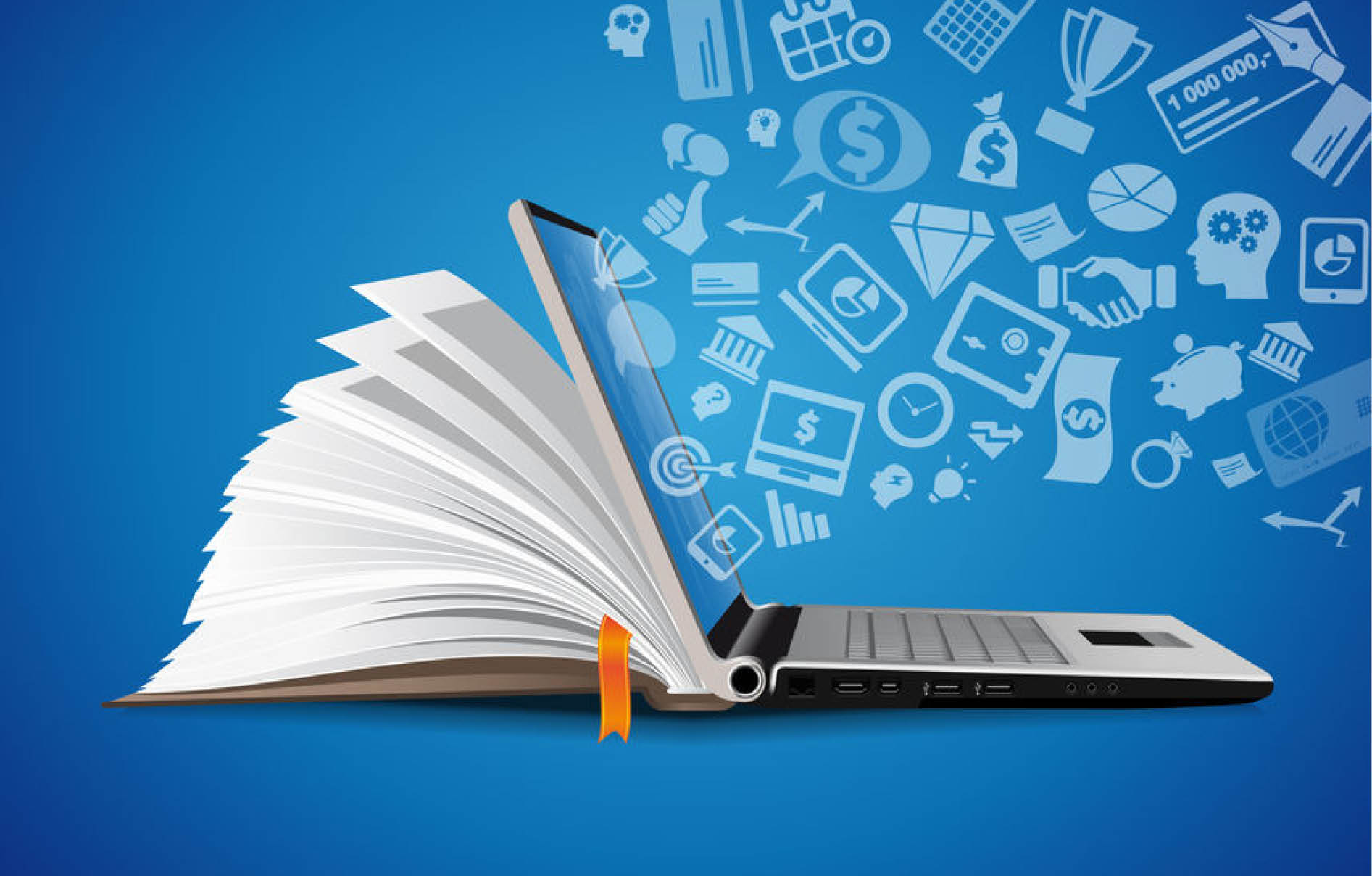In conclusion, we go back to our titular question, do we need libraries in the age of the internet? To answer this question, we turn to numbers. Although, the numbers often can be contradictory. According to an editorial review by the New York Times in 2015, 37 million Americans visited New York’s libraries a year – a number more than the combined number of the city’s visitors to basketball games, hockey games, zoos, parks and museums.
But a 2016 Pew report said that the percentage of Americans who visit the public libraries in 2015 was 44% against 53% in 2012. But the same Pew report said that 76% of Americans felt libraries served the public interest well or pretty well.
Even though the library is not meant for the reading of books only, it is reasonable to associate books with libraries. Accordingly, we can ask: do we still need books or what is the future of books?
First, let’s see the numbers on the consumption of different types of books. A CNBC report citing Pew Report of 2018 said that 67% of respondents mentioned that they had read a physical book compared to 26% who read an ebook – this is significant seeing that it is the attraction of physical books that usually take people to the libraries.
In the report titled “Why Physical Books Still Outsell e-Books,” Lucy Handley of CNBC said, “by 2010, Amazon announced that it was selling more ebooks than hardcover printed books. At the time, many questioned the future of hardcovers and their relevance in the digital age. [But] while Amazon Kindle popularized ebooks, the book industry is still dominated by physical versions.”
Accordingly, data from AAP showed that out of 26 billion dollars worth of books sold by American publishers in 2018, $22 billion was from printed books, $2 billion from ebooks and $1.2 billion from audio books. Similarly, in the U.K., The Publishers Association Yearbook 2018 showed that out of the $8 billion publishers received for books, $4.5 billion was due to physical books and $3.5 billion due to digital books.
So what is the future of books? If the foregoing numbers are any indication, it appears that there is still market for books because there are still people accessing stories and information from them – in whatever format. So if the future of the library is tied to books, then it seems we have little to worry about.
Yet, if we are going to consider the future of anything, we have to put into consideration two essential elements: technology and the people. By people I mean the future generation; and that can be determined (to some extent) by the perspective of the young people of today.
So what does the book consumption habit of the young people show? Interestingly, young people consume physical books more than older folks. According to Nielsen Book Research 2019, in the U.K., 63% of physical books were purchased by people 44 years and below and 52% of the ebooks sold were to people over the age of 45. In the US, 75% of people aged 18-29 said that they had read a physical book in 2017 compared to the average of 67% for all ages.
What about technology? There are two developments in the field of technology that will change the world – probably beyond recognition.
While 5G is so massive that it will take only seconds to download what it will take 4G several minutes to download, quantum computer will compute in 200 seconds, what it will take a classical super computer 10,000 years to compute. Yes, 10,000 years!
“In 2015,” Quantumly.com wrote, “Google and NASA reported that their new 1097-qubit D-Wave quantum computer had solved an optimization problem in a few seconds. That’s 100 million times faster than a regular computer chip.”
How is that possible?
Because, “while conventional computer use binary “bits” (one and zero) as the process for calculation, a quantum computer uses quantum bits, known as qubits – which can exist in both states simultaneously, as well as many other states in between,” Bernard Marr wrote for Forbes on February 23, 2018.
When these two developments become common place, will they change the library or will they just modify and improve it the way the coming of the internet did?
Concluded.

 Join Daily Trust WhatsApp Community For Quick Access To News and Happenings Around You.
Join Daily Trust WhatsApp Community For Quick Access To News and Happenings Around You.


